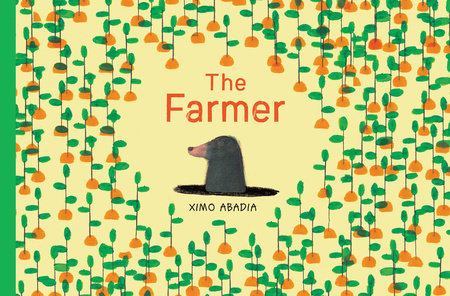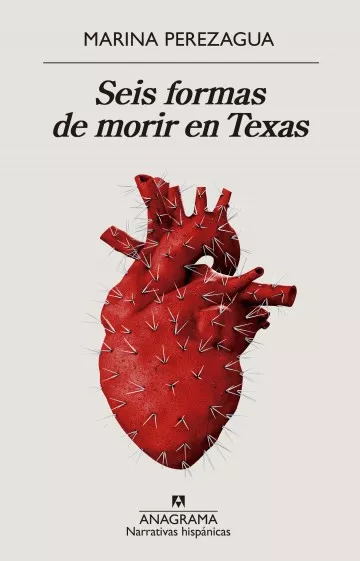
Manu Valentín, Voces caídas del cielo. Historia del exilio judío en Barcelona, 1881-1954 [Voices fallen from the sky: the history of the Jewish exile in Barcelona, 1881-1954], 2019, 270 p.
publisher’s summary:
Voces caídas del cielo pretends to fill a notable vaccuum left by Spanish historiography and to weave the thread of the collective memory of a community of Jewish exiles who struggled to establish themselves in the city of Barcelona with hardly any support. Based on a vast body of documentation, a lot of it unpublished (corresponding to archives that hadn’t been consulted before), sources that dealt with the crisis of the Jewish exiles in different moments, and interviews with the refugees and their descendents, the historian Manu Valentín manages to rescue the protagonists’ memory and raises their personal experiences to the level of historical events.
This book also assumes as a responsability promoting the debate on topics seldom touched in the country’s history, such as the covert persecution of Jews in the contemporary ear (rebuked by different governments as “undesirable elements”). It is definitely necessary to approach antisemitism in Spain to question the idea that Jewish refugees were helped and their integration promoted.
Plàcid Garcia-Planas, in his column that presents the book, talks about a few thousand Jewish refugees that arrived in the 1930s; and that there came even more to fight in the Spanish Civil War (1936-1939) on the side of the Republic (Naftali Botwin Company, Wikipedia).
SOURCE: Comanegra (publisher); Plàcid Garcia-Planas’ column “Cabaret Voltaire” in La Vanguardia, Nov. 16, 2019, p. 10 [printed edition]




